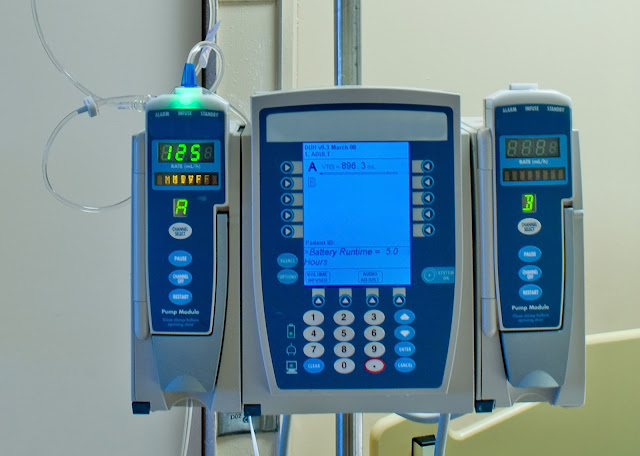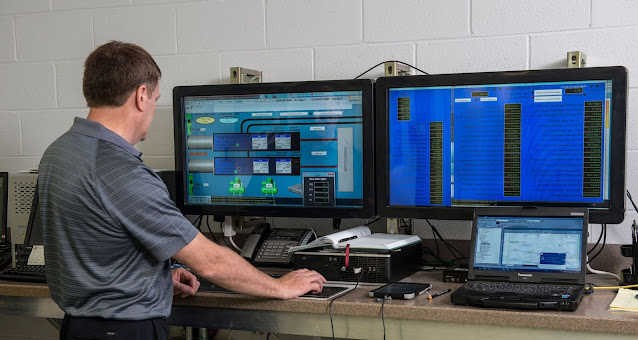Personalized Medicine Through 3D Bioprinting Creating Custom Solutions
 |
| 3D Bioprinting |
Healthcare has undergone a revolution because to personalized medicine, which adapts therapies to each patient's particular genetic make-up, lifestyle, and medical requirements. One innovative approach that holds tremendous promise in this domain is 3D Bioprinting, which enables the creation of custom solutions for various medical conditions. Using 3D bio printing technology, researchers and clinicians can fabricate living tissues, organs, and even intricate vascular networks, mimicking the complex structures of the human body. This breakthrough allows for the development of personalized treatments that address specific patient requirements. By utilizing patient-specific data, such as genetic information and medical imaging, clinicians can design and print customized tissues or implants, enhancing the precision and effectiveness of therapeutic interventions.
The potential applications of personalized
medicine through 3D
Bioprinting is vast. For example, patients in need of organ transplants
often face long waiting lists and the risk of rejection. However, with
bioprinting, it becomes possible to create functional organs, such as kidneys
or livers, using the patient's own cells. This eliminates the need for
immunosuppressive drugs and significantly improves transplant success rates. Additionally,
3D bio printing enables the fabrication of drug delivery systems tailored to
individual patients. By printing medications with specific dosages, release
rates, and formulations, treatments can be optimized to achieve maximum
therapeutic efficacy while minimizing side effects. This approach holds great
potential for conditions where drug response varies significantly between
individuals.



Comments
Post a Comment